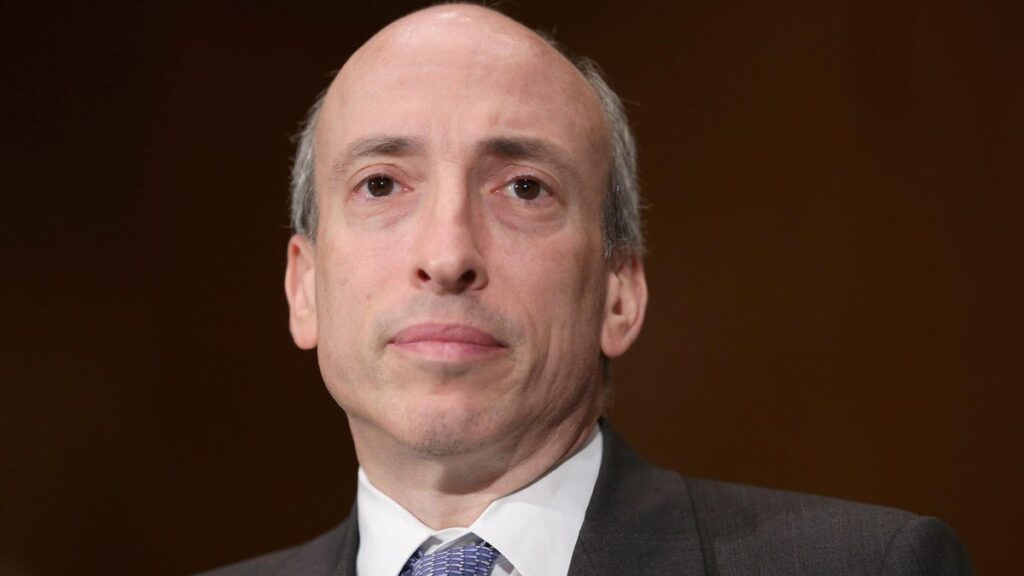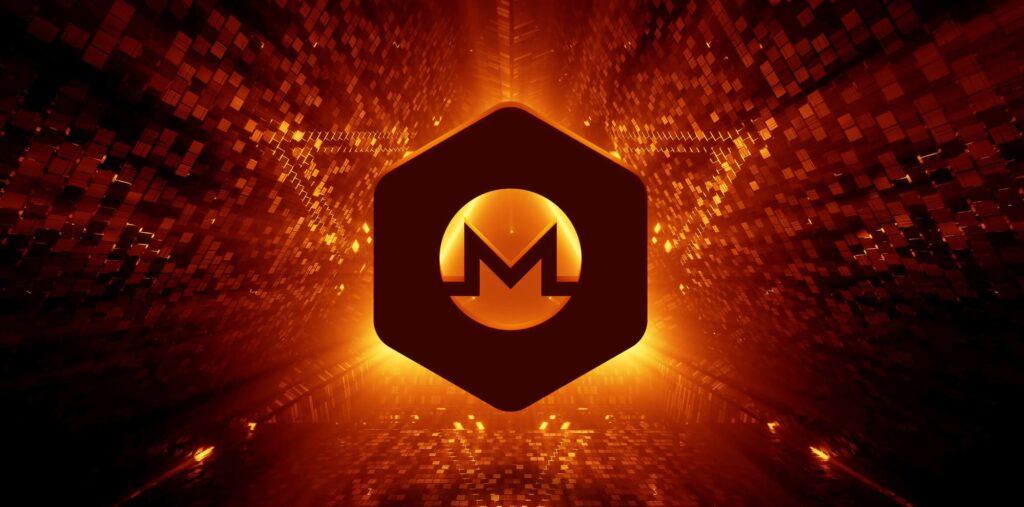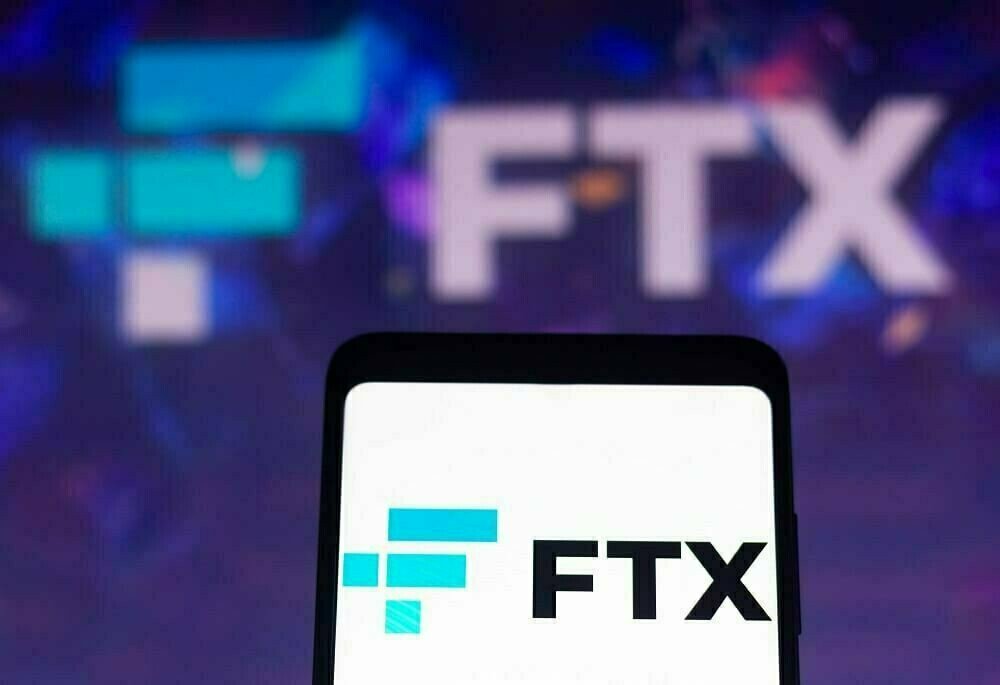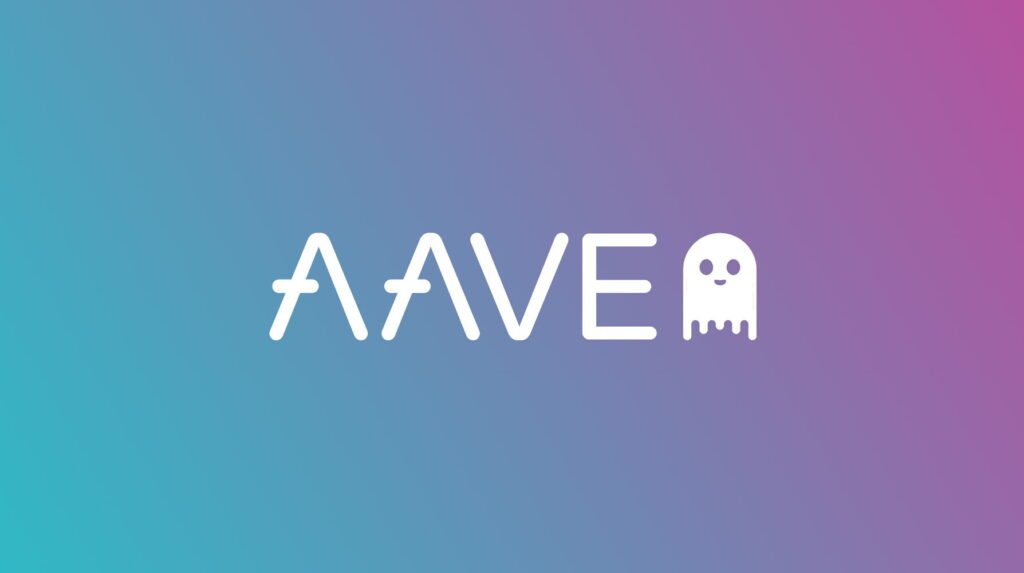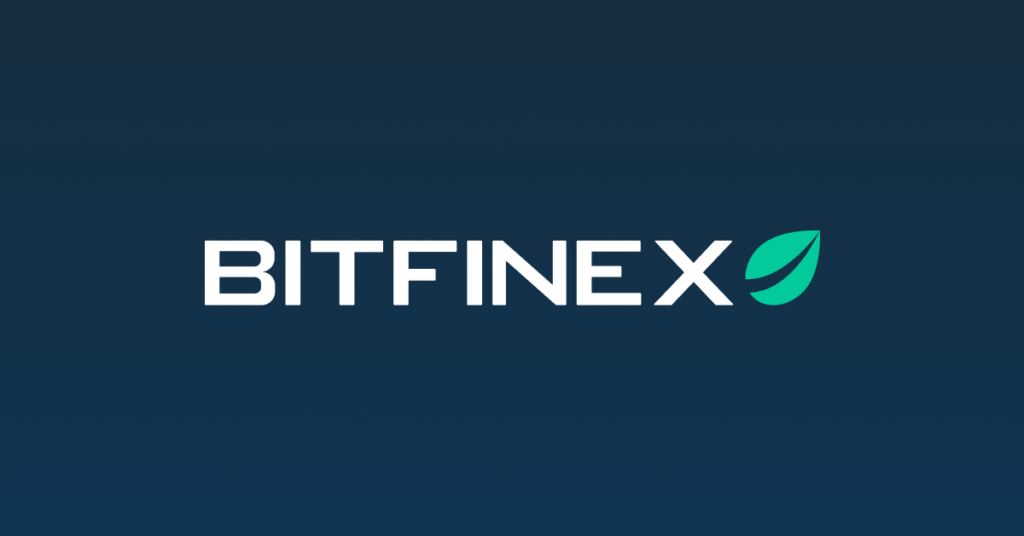A US lawmaker, Representative Tim Burchett, has put forth a bold proposal to slash Securities and Exchange Commission (SEC) Chair Gary Gensler’s salary to a mere $1 per year as part of a broader plan to defund the regulatory agency.
This proposition is contained in an amendment to the Financial Services and General Government (FSGG) bill, a comprehensive piece of legislation introduced on July 13, with the aim of substantially reducing government expenditures across various sectors.
Currently, Gary Gensler receives an annual salary estimated to exceed $300,000 for his role as SEC Chair. Burchett’s move is not isolated, as the FSGG bill seeks to curtail funding for multiple government agencies.
Representative Steve Womack, while presenting the bill to the House Rules Committee on November 6, argued that the SEC and other agencies had become victims of regulatory overreach, placing an excessive financial burden on the government.
Womack’s perspective is that defunding the SEC would serve as a means to curtail its regulatory “intrusiveness” and refocus the agency on its primary mission.
READ MORE: Bitcoin ETF Anticipation Sparks Resurgence in Blockchain Gaming Enthusiasm
He stressed, “Specifically, we turn off rulemakings at the Securities and Exchange Commission that lack proper cost-benefit analysis and aggregate impact analysis.”
He also acknowledged the importance of the agencies under their jurisdiction but criticized their deviation from their intended mandates, asserting that such deviations have been detrimental to the American public.
It’s worth noting that this isn’t the first instance of Gary Gensler and the SEC facing criticism from US politicians.
Back on June 12, US Representatives Warren Davidson and Tom Emmer introduced the SEC Stabilization Act to the House of Representatives.
One of the key provisions of this bill aimed to oust Gensler from his position as SEC Chair, redistributing the agency’s power between the chair and commissioners.
Additionally, it proposed the creation of an executive director role and the addition of a sixth commissioner to prevent any single political party from holding a majority influence.
Davidson and Emmer have been vocal critics of Gensler’s leadership at the SEC, with Emmer characterizing him as a “bad faith regulator” and accusing him of disproportionately targeting the crypto community with enforcement actions while neglecting more significant wrongdoers.
These ongoing debates and legislative efforts reflect the contentious atmosphere surrounding the SEC’s role and leadership within the US government.
The Virtual Assets Regulatory Authority (VARA), established in March 2022, has emerged as a pioneering force in the world of cryptocurrency regulation, bolstering Dubai’s position as a global hub for virtual assets and related services.
VARA’s commitment to fostering the crypto sector is underscored by its recent release of comprehensive regulations tailored for virtual asset service providers (VASPs).
In February, VARA unveiled a meticulous regulatory framework comprising four obligatory rulebooks and activity-specific guidelines for VASPs, exclusive to operations within the Dubai region.
Additionally, VARA introduced a rulebook addressing the marketing, advertising, and promotional practices employed by VASPs.
Deepa Raja Carbon, Managing Director and Vice Chair at VARA, shed light on the regulatory body’s approach to digital assets and its distinctive success compared to global counterparts.
Carbon emphasized VARA’s agility, collaborative spirit, and ability to swiftly adapt to market dynamics as key strengths.
She articulated VARA’s philosophy, which seeks to establish a universal threshold of excellence rather than a minimal standard baseline, thereby elevating and scaling the entire crypto ecosystem.
Carbon elaborated on VARA’s unique approach to regulation, stating, “VARA is setting a precedent for how regulators can work in cohort with the market, dynamically adjusting to its pulse to sculpt a regulatory environment that is robust, resilient, and responsive: the 3R-Pyramid.”
READ MORE: Bitcoin Mining Firm Luxor Technology to Launch Innovative Hash Rate-Backed Investment Product
This synergy of speed, collaboration, and unwavering commitment to quality, according to Carbon, defines VARA’s progress and promises to usher in a new era of borderless economic opportunity with minimized cross-border risks.
VARA’s journey in crafting guidelines for the nascent virtual asset industry was not without its challenges. Carbon acknowledged the inherent complexity of the task and highlighted VARA’s rigorous analysis of existing frameworks and lessons learned from other regulators.
To address these challenges, VARA adopted an inherently consultative and collaborative approach, engaging with a diverse range of stakeholders, including industry leaders, innovators, peer regulators, legislators, and the general public.
Carbon emphasized the importance of guidelines that are both comprehensive and aligned with market realities.
Collaborating closely with established entities like DET and the DFZC for Mainland, as well as various free zones in Dubai, VARA has meticulously crafted a unified and adaptable framework.
VARA’s crypto regulations aspire to position Dubai as a prominent destination for digital asset businesses, echoing the broader trend of Middle Eastern and Asian countries vying to attract cryptocurrency enterprises.
In this evolving landscape, Hong Kong has also made significant strides in 2023 by introducing regulatory guidelines aimed at crypto platforms serving both retail and institutional clients.
In a recent alarming incident, Monero’s community crowdfunding wallet fell victim to a devastating attack, leading to the complete depletion of its balance, which amounted to 2,675.73 Monero (XMR), equivalent to nearly $460,000.
Although the attack transpired on September 1st, the Monero community only became aware of it when Monero developer Luigi disclosed the incident on GitHub on November 2nd.
Regrettably, the source of this security breach remains unidentified, casting a shadow of uncertainty over Monero’s community.
Luigi revealed the grim details, stating, “The CCS Wallet was drained of 2,675.73 XMR (the entire balance) on September 1, 2023, just before midnight.
The hot wallet, used for payments to contributors, is untouched; its balance is ~244 XMR. We have thus far not been able to ascertain the source of the breach.”
Monero’s Community Crowdfunding System (CCS) plays a pivotal role in financing development proposals from its members, and this ruthless attack has far-reaching consequences.
One Monero developer, Ricardo “Fluffypony” Spagni, voiced his outrage, emphasizing,
READ MORE: BTC Digital Expands Bitcoin Mining Fleet with 220 New Units
“This attack is unconscionable, as they’ve taken funds that a contributor might be relying on to pay their rent or buy food.”
The intriguing aspect of this incident is that Luigi and Spagni were the only individuals with access to the wallet’s seed phrase. Luigi’s post disclosed that the CCS wallet was established on an Ubuntu system back in 2020, alongside a Monero node.
Payments to community members were made using a hot wallet situated on a Windows 10 Pro desktop since 2017.
The hot wallet was replenished as needed from the CCS wallet. However, on September 1st, a series of nine transactions drained the CCS wallet completely, leaving Monero’s core team grappling with the aftermath.
There is a suspicion that this attack may be connected to a series of ongoing attacks since April, which have exploited various compromised keys, including Bitcoin wallet.dats, seeds generated by diverse hardware and software, Ethereum pre-sale wallets, and now Monero XMR.
Some developers speculate that the breach may have originated from the wallet keys being exposed online via the Ubuntu server.
In light of these developments, the Monero community faces a challenging road ahead, with many unanswered questions surrounding the security of their funds and the potential vulnerabilities that led to this catastrophic incident.
The call has been made for the General Fund to assume responsibility for addressing the current liabilities arising from this disheartening breach.
The anticipation surrounding the potential approval of a Bitcoin exchange-traded fund (ETF) is not only driving up Bitcoin prices but also fueling a renewed enthusiasm for blockchain-based games, according to Animoca Brands founder Yat Siu.
Speaking during Hong Kong Fintech Week, Siu emphasized that the recent price surges in various cryptocurrencies have rekindled investor confidence in the Web3 gaming sector, resulting in increased on-chain activity.
Siu highlighted that token values play a crucial role in instilling confidence among users and providing utility beyond mere monetary gains.
He stressed that confidence in what one owns is just as essential as the financial aspect of investments.
Siu pointed out that when an industry or a country fails to grow despite high prices, people can lose faith in it.
Measuring investor confidence is not a straightforward task, but Siu argued that assessing growth and conviction in the GameFi sector is best achieved by examining on-chain activity closely.
Instead of relying solely on token prices to gauge success, he urged investors to consider various factors, similar to assessing a country’s economy through multiple indicators.
READ MORE: BTC Digital Expands Bitcoin Mining Fleet with 220 New Units
Recent data backs Siu’s assertions. Over the past month, Axie Infinity, the most popular blockchain-based game in Animoca’s portfolio, witnessed a 50% increase in transaction activity and a 14% rise in trading volume, as reported by DappRadar.
Siu emphasized that the entire crypto ecosystem remains heavily reliant on Bitcoin’s growth for its overall success, even as many crypto industry players view their offerings as distinct and separate from the broader market.
He described Bitcoin as the reserve currency of Web3, stating that how it’s used, stored, and owned underpins much of the crypto market’s value.
Siu expressed confidence that the approval of a spot Bitcoin ETF would significantly benefit the entire industry by adding legitimacy and attracting new investments from traditional financial institutions.
He predicted that the crypto sector would eventually outgrow its dependence on Bitcoin, similar to how the global economy moved away from the gold standard.
As populations and economies continue to expand, Siu believes that the crypto industry will evolve into more natural and efficient systems.
However, he acknowledged that despite its substantial $1 trillion size, Web3 engagement remains limited to a relatively small global population.
DZ Bank, Germany’s third-largest bank in terms of assets, has ventured into the world of digital assets custody with its newly launched blockchain-based platform.
This announcement, made on November 2, outlines the platform’s focus on serving institutional clients and providing them access to crypto securities, including the Siemens crypto bond, which DZ Bank had subscribed to half a year earlier.
Holger Meffert, the head of securities services and digital custody at DZ Bank, expressed the institution’s keen interest in distributed ledger technology (DLT).
He emphasized his belief that a significant portion of capital market operations would transition to DLT-based infrastructures within the next decade.
In the short term, they see DLT as a complementary technology to the existing infrastructure in the capital market.
DZ Bank is not stopping at crypto securities; it also aims to enable both institutional investors and private customers to purchase cryptocurrencies, specifically mentioning Bitcoin, in the near future.
To realize this ambition, the bank submitted an application for a crypto custody license to the German Federal Financial Supervisory Authority (BaFin) in June 2023.
READ MORE: Fraud Trial for $116 Million Mango Markets Exploiter Delayed Until April 2023
This move by DZ Bank aligns with the broader trend of German banks embracing cryptocurrency despite the country’s strict regulatory environment.
The cryptocurrency industry is witnessing a growing number of institutions seeking ways to provide customers with access to digital assets.
In March 2023, Deutsche WertpapierServiceBank made a significant stride by introducing its wpNex crypto trading platform.
This platform grants access to the digital asset industry for 1,200 banks and savings banks across Germany.
DWS, an asset management group primarily owned by Deutsche Bank, also joined the cryptocurrency wave by announcing its work on exchange-traded products related to cryptocurrencies in the European market.
Furthermore, they are developing other digital solutions to offer investors access to blockchain applications and digital assets.
Commerzbank and DekaBank, two other traditional banks, are also in pursuit of crypto custody licenses from Germany’s financial regulatory authority, BaFin.
These developments collectively indicate a growing acceptance and integration of cryptocurrencies and blockchain technology within the German banking sector.
Crypto exchange FTX, currently in bankruptcy, has sought permission from the Delaware bankruptcy court to sell specific trust fund assets valued at approximately $744 million.
This request, made in a court filing dated November 3, aims to facilitate forthcoming distributions to creditors in dollarized form.
The assets earmarked for sale comprise holdings from prominent crypto asset manager Grayscale Investments and custody service provider Bitwise.
Specifically, the assets include one Bitwise trust valued at $53 million and five Grayscale trusts with a combined value of $691 million.
These trusts serve as vehicles for investors to gain exposure to cryptocurrencies without actual ownership.
In their court filing, FTX debtors underscored their belief that proactively minimizing the risk of price fluctuations is essential to safeguarding the value of the trust assets.
Doing so will, in turn, maximize returns for creditors and foster an equitable distribution of funds as part of the debtors’ reorganization plan.
READ MORE: Prominent Cryptocurrency Attorney Predicts Favorable Outcome for Ripple in SEC Lawsuit
FTX debtors have not only requested approval for the sale of trust assets but have also suggested involving an investment adviser to oversee and approve the sale procedures.
Additionally, they propose the establishment of a pricing committee composed of stakeholders to participate in the sale process.
This request to sell trust assets follows a prior court-approved liquidation of nearly $3.4 billion worth of crypto assets.
To prevent adverse market effects, the court mandated that these assets be sold in increments of $50 million and $100 million.
FTX’s bankruptcy proceedings are unfolding against the backdrop of its former CEO, Sam Bankman-Fried, being found guilty on all seven counts in a criminal trial in New York.
These counts include wire fraud, wire fraud conspiracy, securities fraud, commodities fraud conspiracy, and money laundering conspiracy. The sentencing for this case is scheduled for March 28, 2024.
In summary, FTX’s bankruptcy case has entered a new phase with the request to sell trust assets, aiming to ensure a smoother distribution of funds to creditors while navigating the legal challenges involving its former CEO.
On November 4, Aave, a prominent decentralized finance (DeFi) protocol, made the decision to temporarily halt several of its markets in response to reports concerning a specific feature.
This development was shared via a post on the platform X (formerly known as Twitter).
The pause in operations has had an impact on multiple networks, including the Aave v2 Ethereum Market, and certain assets on Aave v2 operating on Avalanche.
Furthermore, specific assets on Polygon, Arbitrum, and Optimism have also been temporarily frozen as a precautionary measure.
Aave released a statement, revealing, “Today we received a report of an issue on a certain feature of the Aave Protocol,” and added, “After validation by community developers, the guardian has taken the following temporary prevention measure (no funds are at risk).”
READ MORE:Marathon Digital Pioneers Green Bitcoin Mining with Landfill Methane Power
However, the announcement did not specify the exact nature of the issue or which particular assets were affected. Aave emphatically stressed that none of the funds on its markets were in jeopardy.
According to Aave, the issue has not impacted Aave v3 markets on Ethereum, Base, and Metis, and Aave v2 markets on Polygon and Avalanche remain unaffected as well.
To address this matter, Aave plans to submit a governance proposal in the near future to restore normal protocol operations.
Furthermore, a detailed postmortem analysis will be published once the issue is completely resolved.
While the affected assets remain frozen, users who have supplied or borrowed from them still have the ability to withdraw and repay their positions.
However, they are temporarily unable to supply or borrow additional assets until the issue has been successfully resolved.
It’s important to note that, at the time of writing, there has been no indication that this issue has had any impact on the price of Aave’s native token, AAVE.
As per CoinMarketCap, the token is currently trading at $89.10, showing a minor decrease of 1.54%.
Bitfinex, a cryptocurrency exchange, disclosed a “minor” security breach stemming from the hacking of one of its customer support agents that occurred between October 30 and November 5.
While this incident resulted in a series of phishing attacks targeting Bitfinex users, the company asserted that minimal harm was inflicted, as outlined in a statement issued on November 4.
The breach involved the unauthorized access to a portion of Bitfinex’s customer support boards containing partial, outdated, and incomplete information.
This breach was facilitated through phishing tactics employed against a customer support agent.
Fortunately, the compromised support agent did not possess “senior permissions,” limiting their access to support tools and help desk tickets, according to Bitfinex.
It is noteworthy that Bitfinex emphasized the integrity of its core systems remained intact, and no customer funds were compromised.
The company asserted that no servers, wallets, or databases were accessed, ensuring the safety of customer assets on the platform, and no password information was exposed.
READ MORE: Bitcoin Bulls Push for $35,000 as Weekend Markets Show Strength
In fact, most of the affected customer accounts were either empty or inactive.
While Bitfinex indicated that the issue has been “resolved,” they continue to scrutinize the incident and the compromised data, actively reaching out to affected customers.
Additionally, Bitfinex promptly reported the incident to law enforcement authorities and is collaborating with investigative agencies to identify the perpetrators behind the phishing attack.
The company underlined its history of successfully securing convictions against individuals who have targeted their operations in the past.
Despite the breach, Bitfinex highlighted its commitment to maintaining robust security procedures, which includes mandatory cybersecurity training for all employees.
Founded in Hong Kong in 2012, Bitfinex has been under the leadership of CEO Jean-Louis van der Velde since 2013.
In terms of its reputation within the cryptocurrency community, Bitfinex ranks 17th in CoinGecko’s “Trust Score” index for cryptocurrency exchanges.
Over the last month, the platform received more than 800,000 visits, underscoring its popularity among cryptocurrency traders.
Elon Musk’s artificial intelligence (AI) venture, xAI, has unveiled “Grok,” a cutting-edge AI chatbot designed to excel in various academic tests, purportedly surpassing OpenAI’s initial ChatGPT iteration.
Musk and the xAI team, in a November 5th announcement on X (formerly Twitter), elucidated their mission to create AI tools that empower research and innovation for the betterment of humanity.
A standout feature of Grok is its real-time access to the world’s knowledge through the X platform, providing it with a unique and fundamental advantage.
Unlike most other AI systems, Grok doesn’t shy away from answering controversial or “spicy” questions, and it’s imbued with a sense of humor and a touch of rebelliousness.
The driving force behind Grok’s prowess lies in its engine, Grok-1, which underwent rigorous evaluation in mathematics and coding assessments.
READ MORE: Marathon Digital Pioneers Green Bitcoin Mining with Landfill Methane Power
Impressively, Grok-1 outperformed ChatGPT-3.5 in all these tests, showcasing its remarkable capabilities.
However, it fell short of surpassing OpenAI’s advanced GPT-4 model, which benefited from more extensive training data and computational resources.
Grok is available to users in the United States as part of the X Premium Plus subscription for $16 per month, although it remains in a “very early beta” stage. XAI promises regular improvements and the implementation of additional safety measures to prevent malicious use.
The xAI team is committed to ensuring AI remains a force for good, acknowledging the immense potential for AI to contribute scientific and economic value to society.
They pledge to develop safeguards against any catastrophic misuse of Grok, emphasizing their dedication to responsible AI development.
Notably, Grok’s launch follows Elon Musk’s founding of xAI only eight months ago in March.
As the AI landscape continues to evolve rapidly, Grok stands as a testament to the ongoing advancements and efforts to harness AI for the betterment of humanity.
Discord users who rely on the platform to host files are in for a change, as the company plans to implement a policy where links to these files will automatically refresh every 24 hours by the end of this year.
This move is aimed at bolstering the company’s efforts to combat the spread of malware on its platform by granting it greater control over flagged content.
Discord, in communication with Bleeping Computer, assured users that this alteration won’t impact the seamless sharing of content within the platform itself.
Links used within Discord’s client will undergo automatic refreshing, ensuring a smooth experience for users.
However, those who share links outside of Discord will encounter an adjustment, as these links will become invalid after a single day, forcing users to regenerate them for continued access.
READ MORE: Bitcoin Bulls Push for $35,000 as Weekend Markets Show Strength
Developers, who play a vital role in Discord’s ecosystem, are expected to experience only minimal disruptions, with more details promised by the company in the coming weeks.
Cybersecurity firm Trellix has highlighted the significance of this change by revealing that it had identified approximately 10,000 instances of malware samples distributed online, all of which were stored on Discord’s content delivery network (CDN).
These malicious actors exploit Discord’s webhooks functionality to extract data from victims’ computers and deposit it into Discord channels managed by the attackers.
In essence, Discord’s decision to refresh links is a strategic move to tighten security measures and reduce the risk of malware proliferation within its platform.
This approach aims to curb the ability of attackers to maintain persistent access to compromised content by making the links expire regularly.
By doing so, Discord hopes to enhance its capability to monitor and restrict access to content that raises red flags, ultimately bolstering the overall security of its user base.
As the end of the year approaches, Discord users who depend on the platform for file hosting should be prepared to adapt to these changes, which are designed to provide a safer and more secure environment for all users while thwarting the efforts of malicious actors seeking to exploit the platform’s features for their gain.



